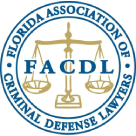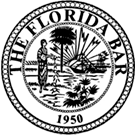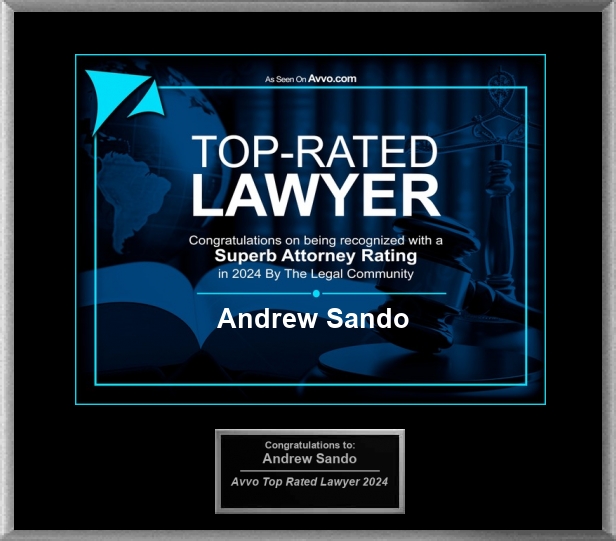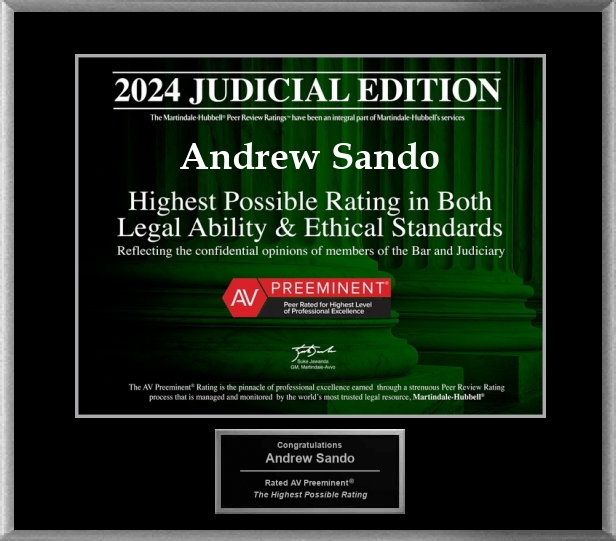In 2020, Martin County law enforcement responded to a call from a man who reported that he had just shot and killed his wife—by accident. He had woken up in the early hours of the morning and heard someone moving around his house. After confirming that his wife was asleep next to him, he grabbed his Glock 23 handgun and fired at the figure who was entering the bedroom, believing that it was an intruder. Tragically he had failed to realize that it was one of their dogs in bed beside him and that the person walking into the room was his wife. After investigating this case for more than a year, prosecutors arrested the man and charged him with manslaughter, specifically culpable negligence manslaughter. Sentencing included Community Control, probation, and a mental health evaluation, but no jail time beyond the 2 months he had already served. He will also be prohibited from owning firearms since this is a felony conviction.
Many citizens of South Florida were probably surprised to hear that someone was being released back into the community after committing a homicide but the US legal system makes a distinction between murder and manslaughter. Both are actions that involve the unlawful killing of another person, but manslaughter does not result from “malice aforethought,” that is, an intention to cause serious harm or death. If investigators had discovered any evidence that pointed to premeditation—for instance, that the Martin County man had convinced his wife to take out a hefty life insurance policy shortly before the shooting occurred—the charges, verdict, and punishment would most likely have been more severe.
The courts not only classify murder and manslaughter as different crimes, but each criminal act contains several subcategories that take into consideration the perpetrator’s intent or motive and the circumstances leading up to the homicide.
How is manslaughter defined in Florida?
In broad terms, manslaughter refers to the act of unintentionally causing the death of another person by reckless behavior or gross negligence. Accidental homicide can occur under a wide range of circumstances, from a domestic violence assault that turns deadly to mistaken identity. Therefore, the state of Florida recognizes three types of manslaughter.
- Voluntary manslaughter: If a person kills another person after being provoked and losing control, they might be charged with voluntary manslaughter. The classic example is a husband who violently assaults and kills a man he discovers in bed with his wife. He had no prior intention or plan to harm this other man but was unable to rein in his emotional reaction in the heat of the moment. The defense will need to show that a reasonable person might have acted in a similar manner.
- Voluntary manslaughter by procurement: In some cases, the person who commits homicide was provoked or persuaded to do so by a third party. In the state of Florida, this person would also be held responsible for the crime under the charge of manslaughter by procurement.
- Involuntary or culpable negligence manslaughter: This was the charge brought in the Martin County case discussed above. The term “culpable negligence” refers to conduct that shows a reckless disregard for human life or indifference to consequences. Although the man was understandably alarmed by the idea that an intruder had broken into his house, firing a gun before ascertaining the actual whereabouts of his wife or identifying the suspected intruder was gross negligence.
What are the penalties for manslaughter?
Any type of manslaughter is a felony in Florida, but the particular circumstances will determine whether the case is prosecuted as a first- or second-degree felony. Voluntary acts and acts involving a firearm are generally treated more harshly. In addition, there are situations where involuntary manslaughter by culpable negligence will be judged as an aggravated offense, with concomitant felony penalties, if the victim was:
- Elderly
- A minor under the age of 18
- Disabled
- A law enforcement officer or emergency responder killed while performing their duties
The three types of felony charges can carry the following maximum penalties:
- Second-degree manslaughter
- Prison sentence of 15 years
- Probation for 15 years
- $10,000 fine
- First-degree manslaughter
- Prison sentence of 30 years
- Probation for 30 years
- $10,000 fine
- Aggravated manslaughter
- Prison sentence of 30 years
- $10,000 fine
Even if you avoid jail time, the felony charge might stay on your criminal record permanently, causing problems with housing, employment, child custody, and immigration status. At Sando Law, P.C., we do everything possible to get charges reduced so that our clients have a chance to move on with their lives after they have completed their court-mandated penalties.
What can a skilled manslaughter attorney do to help you?
Being accused of a manslaughter offense in Palm Beach, Miami-Dade, Marin, Broward, and Monroe counties is a serious charge, but it doesn’t mean your legal rights as defined under Florida statutes no longer apply. In fact, because Florida courts have the option to impose severe penalties in manslaughter cases, you need a reputable manslaughter attorney at your side to ensure that your legal rights are protected at every step of the proceedings.
When we defend clients on manslaughter charges, Sando Law, P.C., makes sure to get a complete picture of the circumstances from the accused person. We want to confirm the following:
- Did law enforcement have a justifiable reason to arrest you or have you been wrongly accused?
- If you were involved in the manslaughter, what were your intentions? Were you acting in self-defense? Were you provoked?
- Was this homicide excusable, that is, was it an unfortunate accident that occurred in the absence of malice, unlawful intent, or use of a dangerous weapon?
- Did law enforcement or the prosecution fail to follow standard procedures in the arrest, investigation, or gathering of evidence?
These are important questions since the answers can mean the difference between a felony or misdemeanor charge, or, if we find any evidence of evidence tampering or other illegal violations, a possible dismissal of all charges.
We can start the conversation today. Call Sando Law, P.A., at 561-296-1665, or toll free at 833-SANDO-4U to schedule a free case review.
















